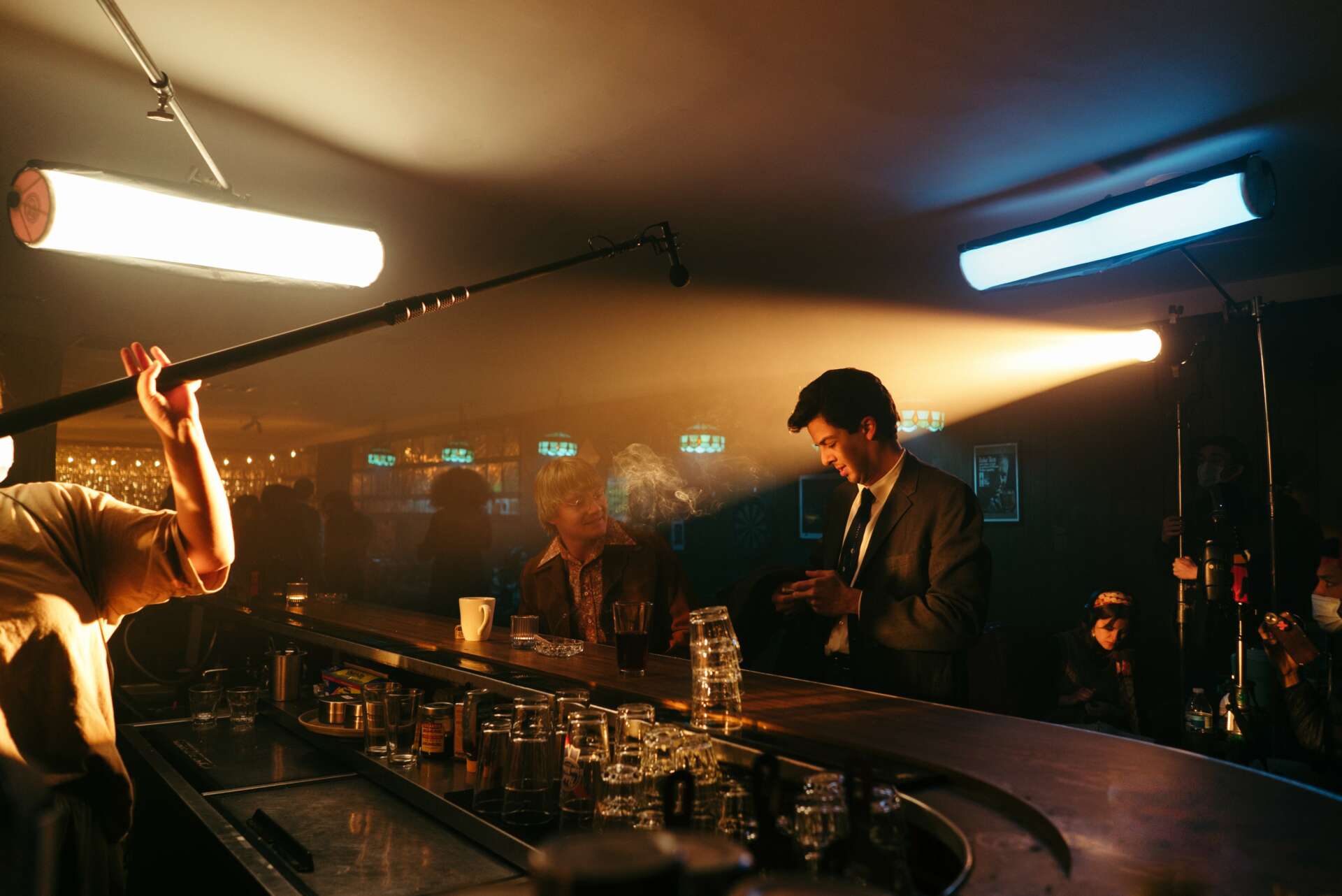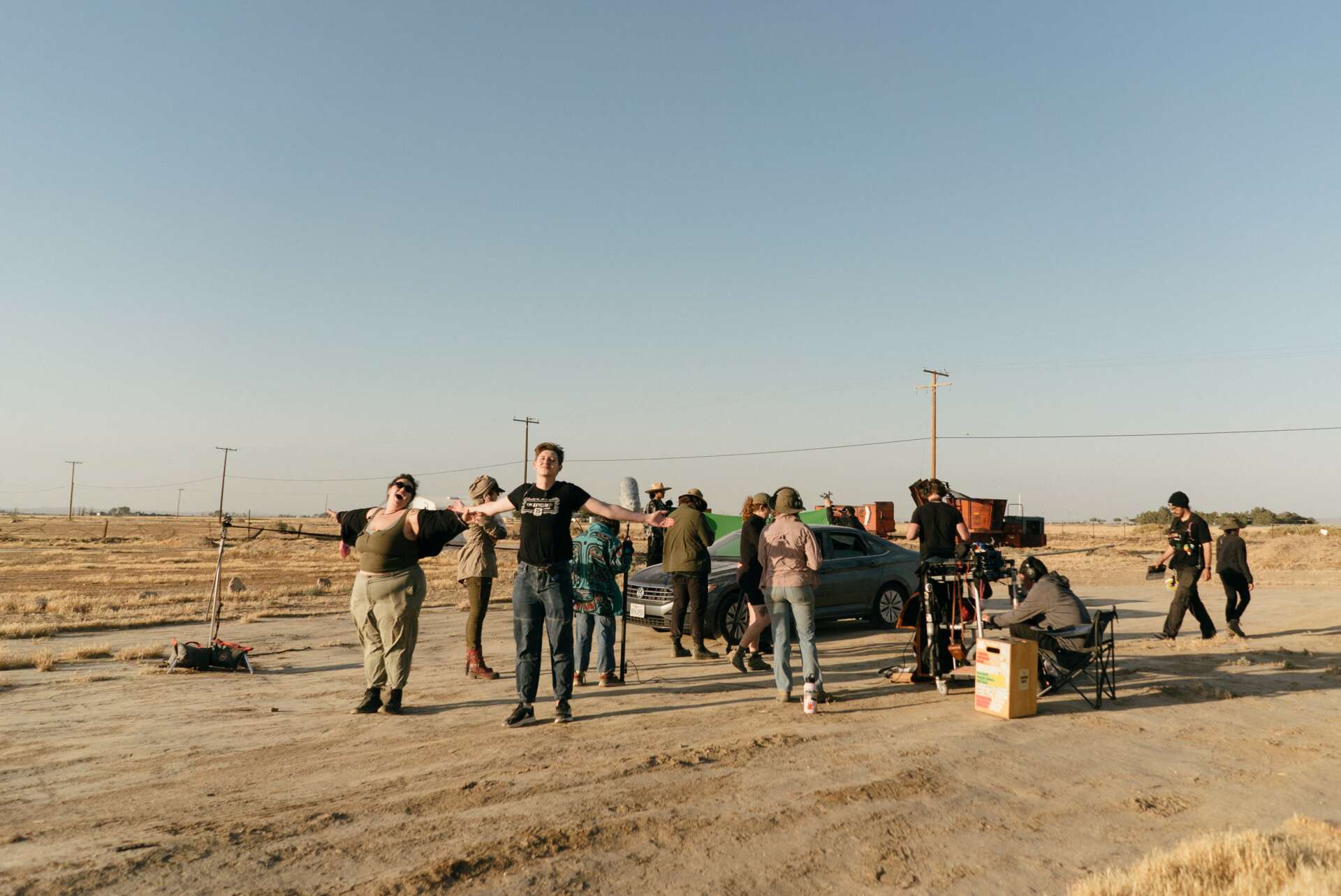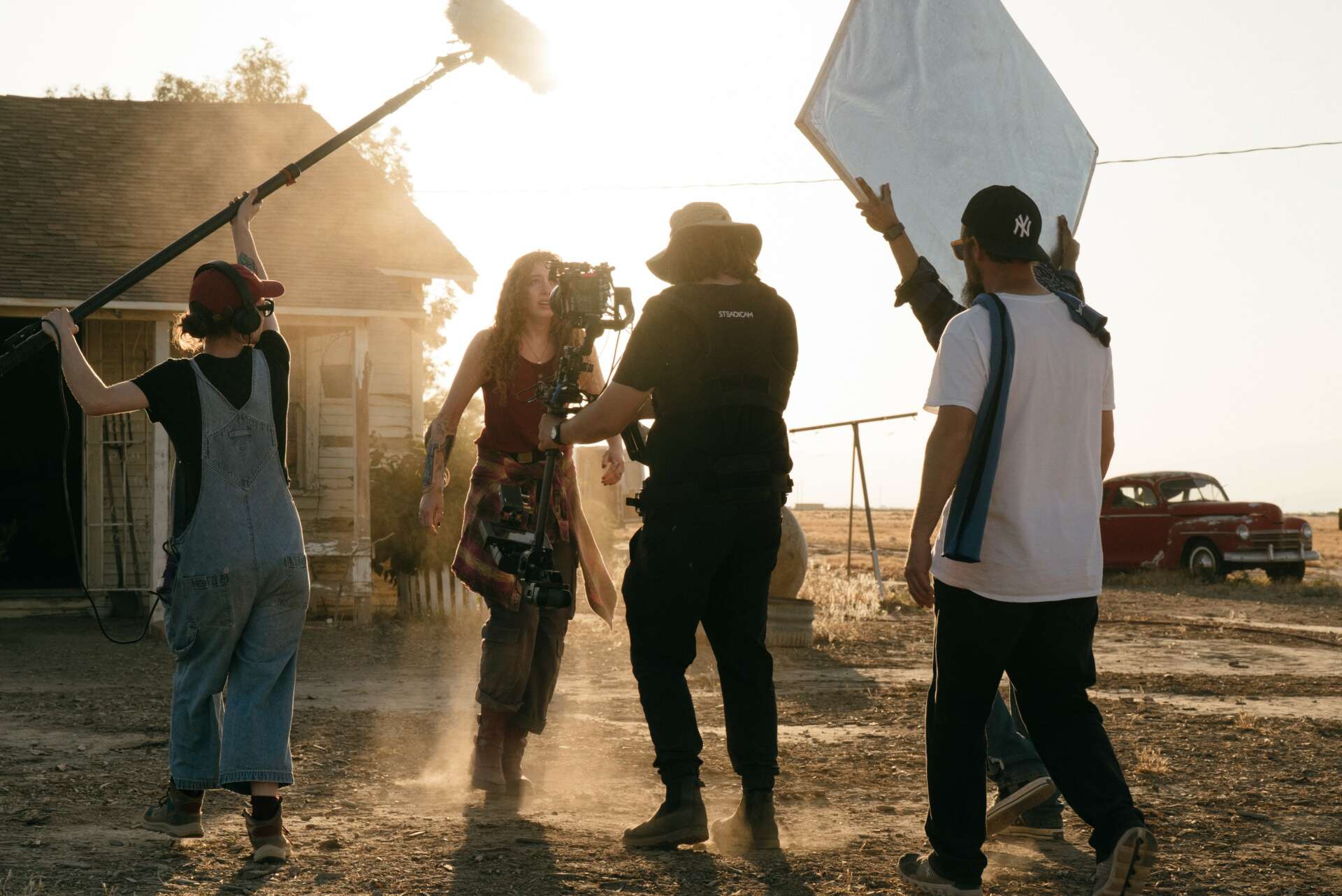We were lucky to catch up with Zack Hosseini recently and have shared our conversation below.
Zack, appreciate you joining us today. How did you learn to do what you do? Knowing what you know now, what could you have done to speed up your learning process? What skills do you think were most essential? What obstacles stood in the way of learning more?
Growing up in Atlanta, right when it was turning into this film-making hotspot, was a real eye-opener for me. As a kid, seeing all that action, the sets popping up around town – it was like a sneak peek into the world of movies. But, you know, the real deal in learning the ropes came when I hit USC. That’s where I got to study with some real masters in filmmaking. USC wasn’t just about the nuts and bolts of making a movie; it was more about diving deep into what makes a story tick, how to really get an audience hooked.
After USC, I kinda took a detour into music videos. Directing music videos was like a crash course in visual storytelling. It taught me how to convey a story or evoke an emotion in a concise format, using visuals and music in harmony. This experience was invaluable. It honed my skills in a unique way and deeply influenced my approach to narrative filmmaking.
Now, with Chaos Theory, it’s like bringing all those chapters together – we’re trying to push the creative envelope, but we’re also tapping into all those lessons learned along the way. It’s this cool mix of innovation and experience that we bring to each project.



Great, appreciate you sharing that with us. Before we ask you to share more of your insights, can you take a moment to introduce yourself and how you got to where you are today to our readers.
Chaos Theory isn’t just a production company for us, it’s more like our creative playground. My friends and I, we’re all about blending eye-catching visuals and pulse-pounding tension with stories that really make you think, diving into themes that don’t get enough spotlight. We get a lot of our inspiration from folks like Ari Aster and Jordan Peele – filmmakers who know how to keep you glued to the screen and still hit you with those deep, lingering thoughts.
Take ‘A Cotton Moon,’ for instance – that was a project I got to write and direct. It’s this psychological thriller that dives into why people gravitate towards certain beliefs, especially religion. It really resonated with people at film festivals. I heard from so many who said it made them reflect or it sparked some intense conversations. That kind of connection with our audience is the stuff that keeps us going.
At the core of Chaos Theory is this sense of team effort. We’re all about bringing together different talents to create something you haven’t seen before, building this community around groundbreaking cinema. Every project we take on, like ‘A Cotton Moon,’ is a chance for us to put something unique and unforgettable out there in the world of film.



Is there a particular goal or mission driving your creative journey?
At Chaos Theory, our mission is pretty clear but bold: we’re here to shake up the cinema scene. We’re aiming for films that go beyond just a good watch – we want to leave our audience thinking, maybe even debating one another on their way out of the theater.
A crucial part of this mission is amplifying diverse voices and stories. In an industry where certain narrative voices have been predominant, we’re looking to bring something new to the table. Different perspectives, different experiences – that’s what we’re about. We believe in enriching our films with a variety of voices and stories, making them more engaging and reflective of the world around us.
Ultimately, our goal is to lead a new wave of cinema: fearless, thought-provoking, and boundary-pushing, known for films that leave lasting impressions and contribute to a more inclusive and diverse cinematic conversation.


How about pivoting – can you share the story of a time you’ve had to pivot?
Sure, there was this major turning point for me after working in music videos and, in particular, branded content. Don’t get me wrong, branded content was great – it paid the bills and I learned a ton about crafting a story with a specific goal in mind. But deep down, I always knew that narrative films were where my heart was.
So, the big pivot came when I decided to go all-in on narrative cinema, finally giving my full attention to my first love. It was risky, no doubt. Moving away from a successful path in branded content to the unpredictable world of feature films? It was a leap.
But here’s the thing: I’ve always been about telling stories. Transitioning to narrative films felt like coming home, even though it meant starting almost from scratch – building new networks, diving into the film festival scene, and really, just putting myself out there in a whole new way.
This move was the foundation for Chaos Theory. It was about aligning my daily grind with what I’m truly passionate about – telling stories that mean something, that stick with you. Every project since then has been a step closer to that dream, and I gotta say, it feels right.
Contact Info:
- Website: ZackHosseini.com
- Instagram: instagram.com/zack.hosseini
Image Credits
Johnny Call, Joey Reidhead, Emily Krisky


